Let's be honest about something: most best SEO book lists are written by people who’ve never ranked a single page. We’ve personally tested 40+ SEO books while running strategies for 500+ clients across real-world sites. Every book on this list earned its spot by delivering actual ranking improvements, traffic growth, or revenue gains.
Unlike the recycled lists stuffed with outdated tactics, this list is built for 2025’s reality: AI-driven search, E-E-A-T signals, algorithm volatility, and the brutal gap between theory and execution. These books aren’t written by theorists. They’re written by practitioners who've built businesses, ranked pages, and survived multiple Google updates.
For each book, you’ll get a quick summary, key takeaways, who it’s best for, and why it’s worth your time. So, let’s see the best SEO books that still move the needle.
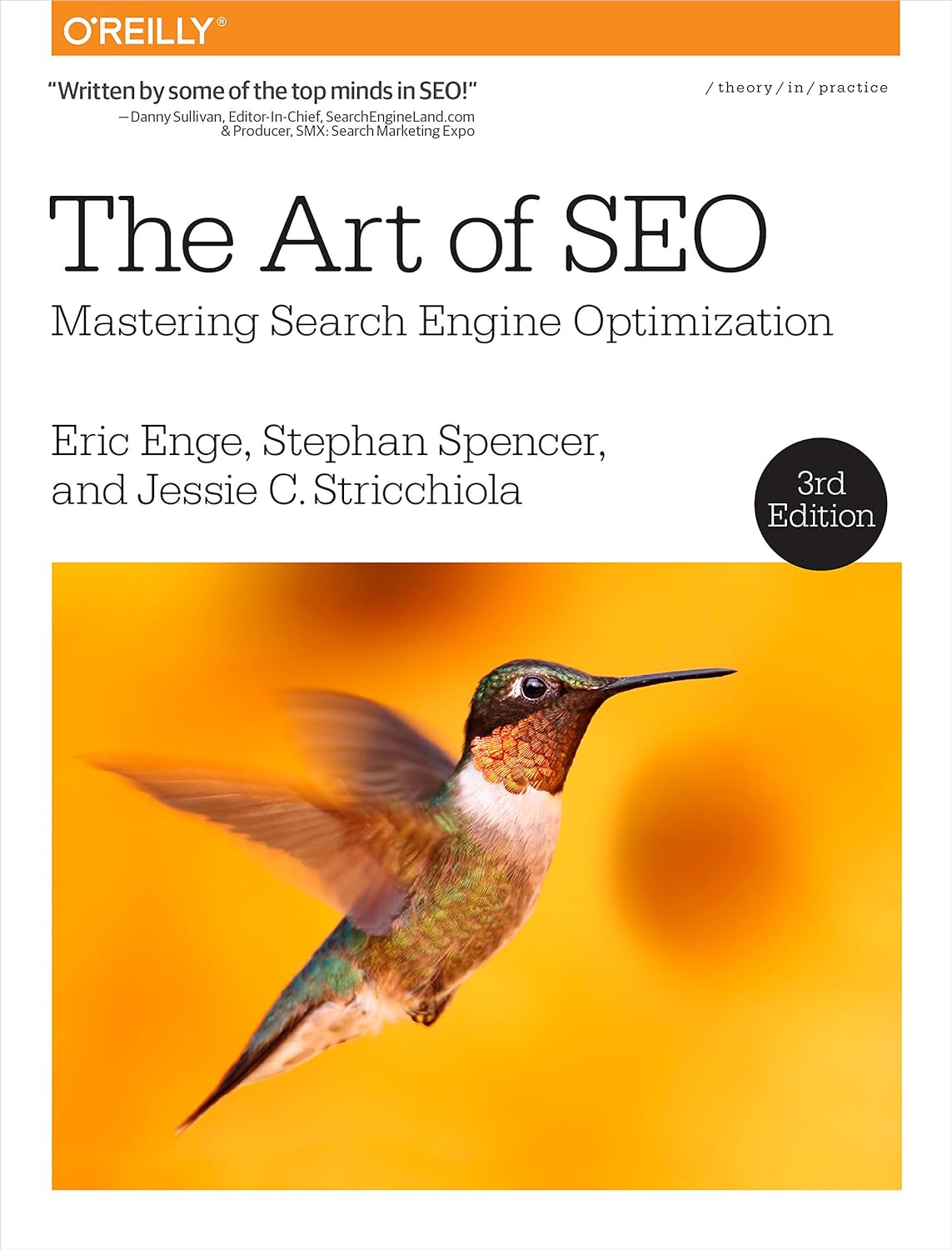
If you want one book that covers nearly everything SEO, and still holds up after Google’s endless updates, this is it. The Art of SEO has been the industry’s foundational textbook for over a decade, but unlike most SEO books, it actually gets updated with every major shift.
What makes this book stand out is its balance between technical depth, strategy frameworks, and real-world execution. We’ve used their technical prioritization framework across 100+ client audits, and it consistently finds ranking opportunities others miss. This isn’t for quick hacks. It’s for people serious about mastering the full SEO stack.
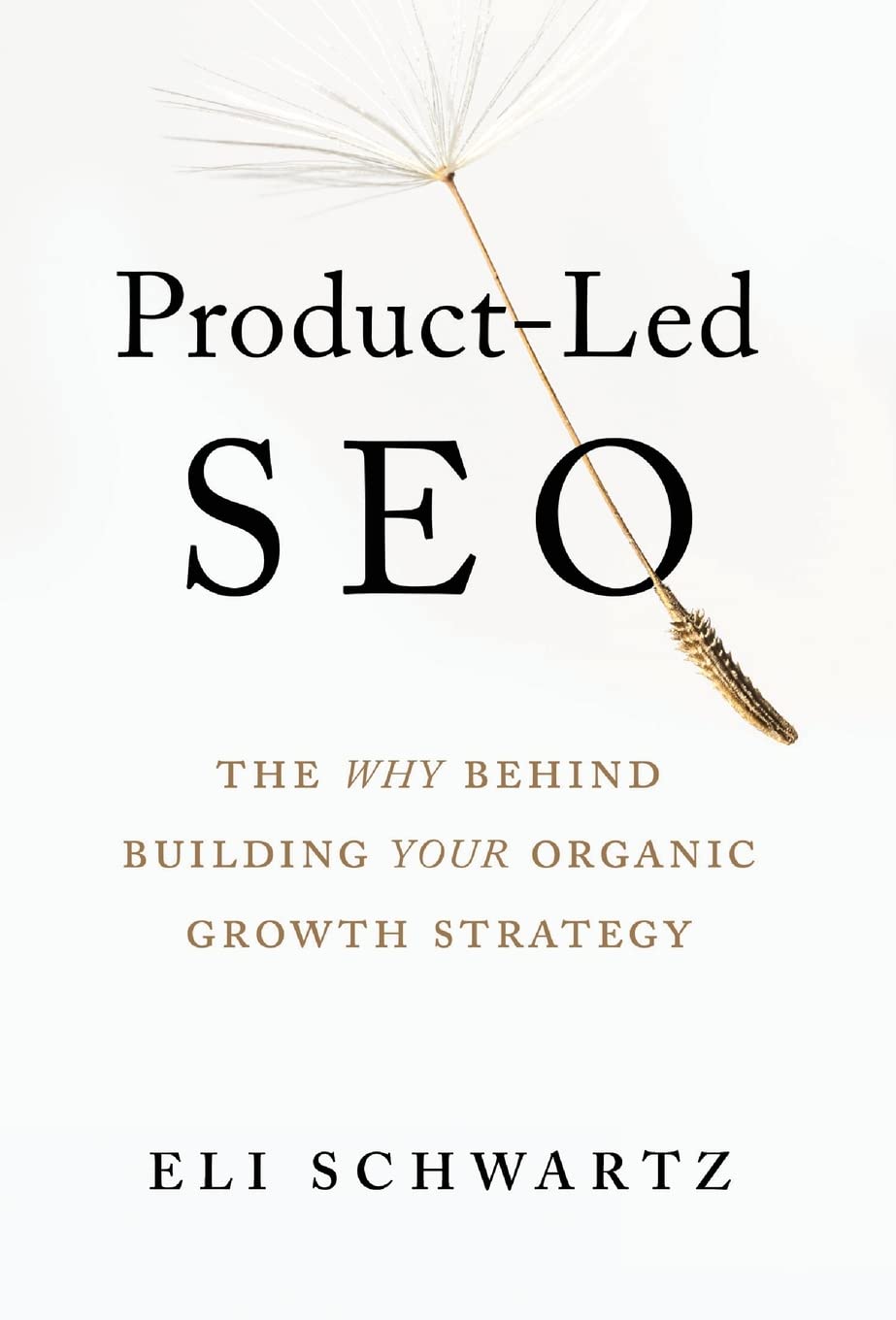
Most SEOs are still trapped in search volume spreadsheets. Eli Schwartz flips that mindset completely: focus on your product, your customer journey, and let SEO serve the business, not the other way around.
We’ve applied his frameworks across multiple SaaS and B2B clients, and the result is always the same: more conversions, better revenue, less meaningless traffic. Product-Led SEO is hands-down the most useful book for anyone serious about monetizing SEO in a world where Google’s algorithms care more about intent than keywords.
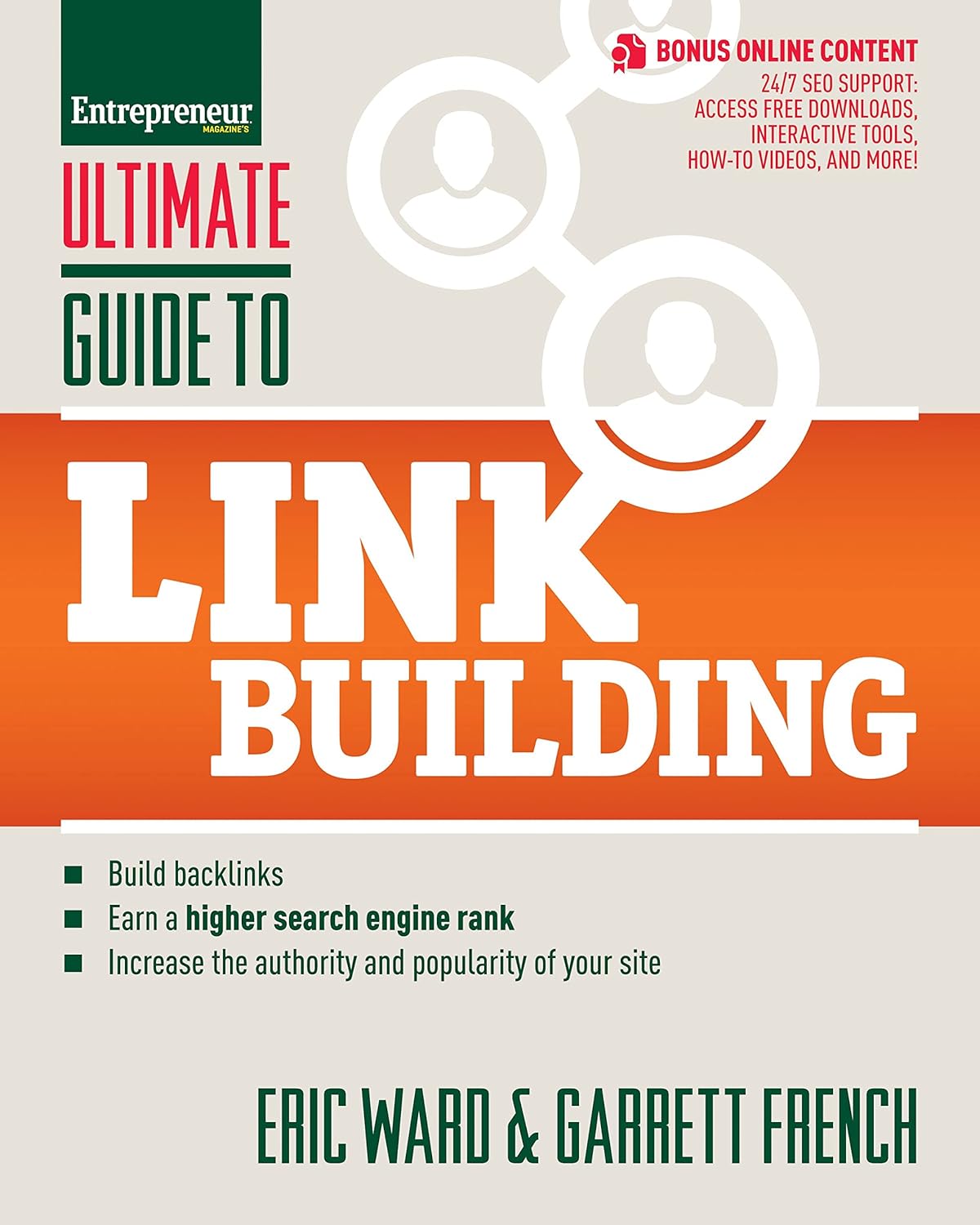
Link building is where 90% of SEOs crash and burn, and this book shows you how to do it right. Eric Ward (literally one of the inventors of link building) and Garrett French built a system focused on sustainable, authority-driven links that survive Google’s link spam updates.
Their asset-based outreach is used a lot to help a lot of successful agencies clients secure links from Forbes, Entrepreneur, and dozens of high-authority sources. This is real relationship-driven link acquisition.
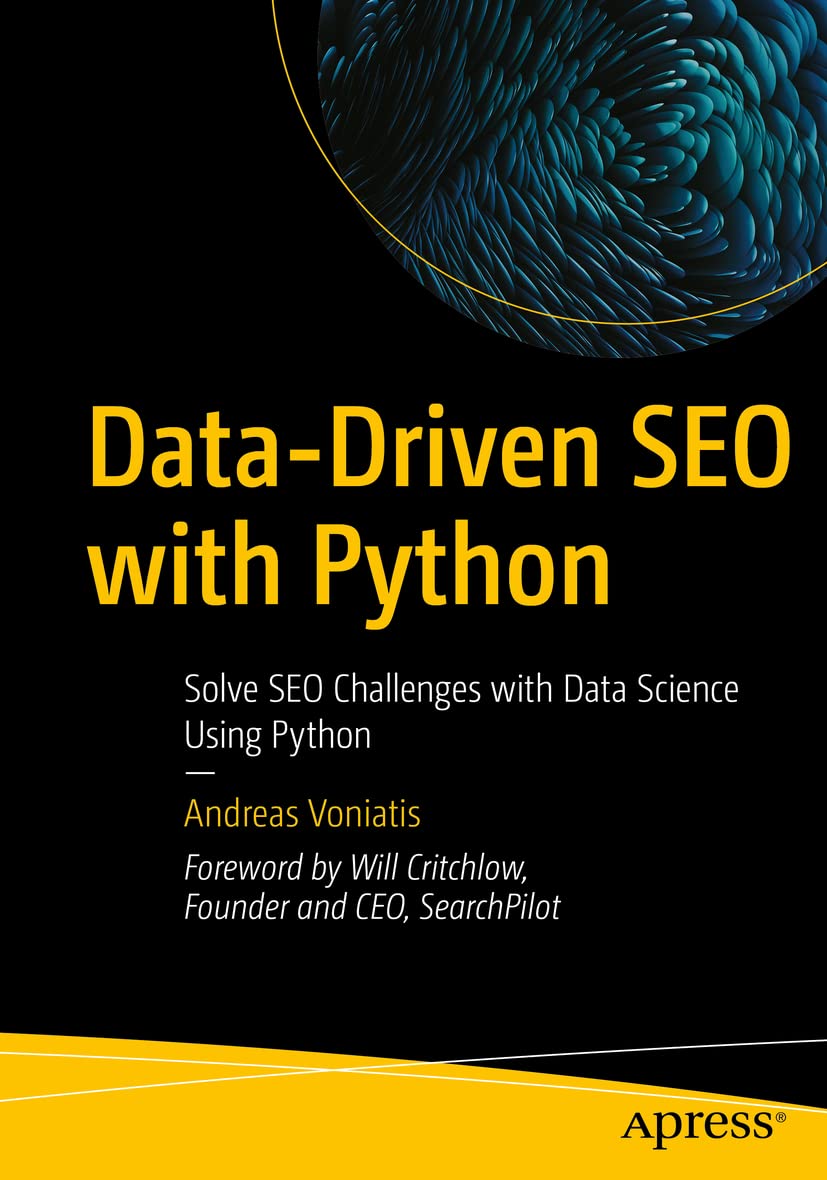
Manual SEO analysis simply can’t scale anymore. The author bridges SEO with real data science, teaching you how to automate keyword clustering, log file analysis, content gap discovery, and predictive SEO modeling using Python.
This might sound really technical or even boring, but his scripts have helped a lot of professionals identify keyword cannibalization, automate audits, and surface content opportunities they could never find manually. If you’re serious about technical SEO at scale, this book belongs on your desk.
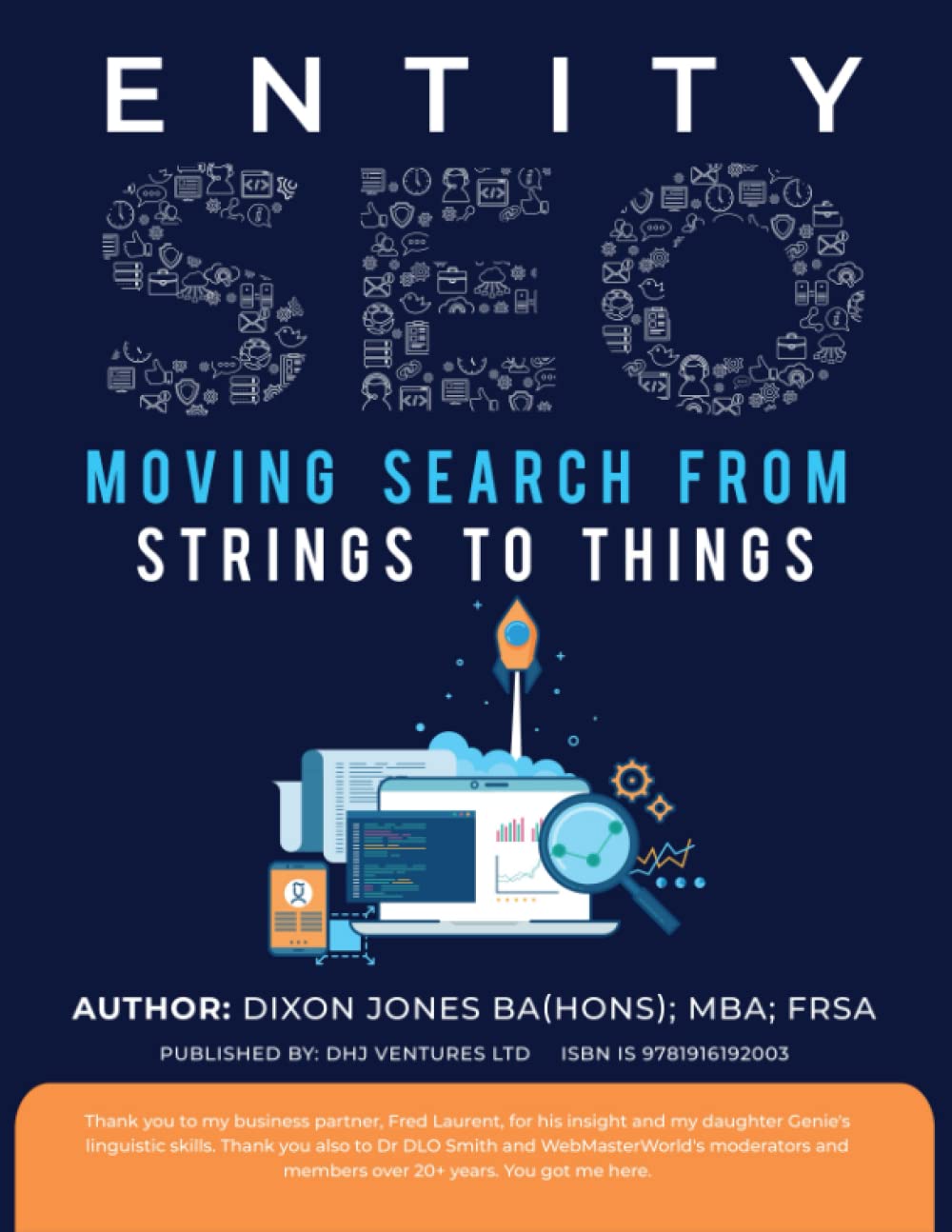
Google isn’t ranking just keywords anymore, it's ranking entities. Dixon Jones’s book breaks down how to build authority inside Google's Knowledge Graph and how to structure your site so algorithms fully understand who you are, what you offer, and why you deserve rankings.
His entity-based optimization helps both local businesses and B2B businesses to earn rankings without traditional link building, because Google now trusts the entity itself. This is where SEO is headed.
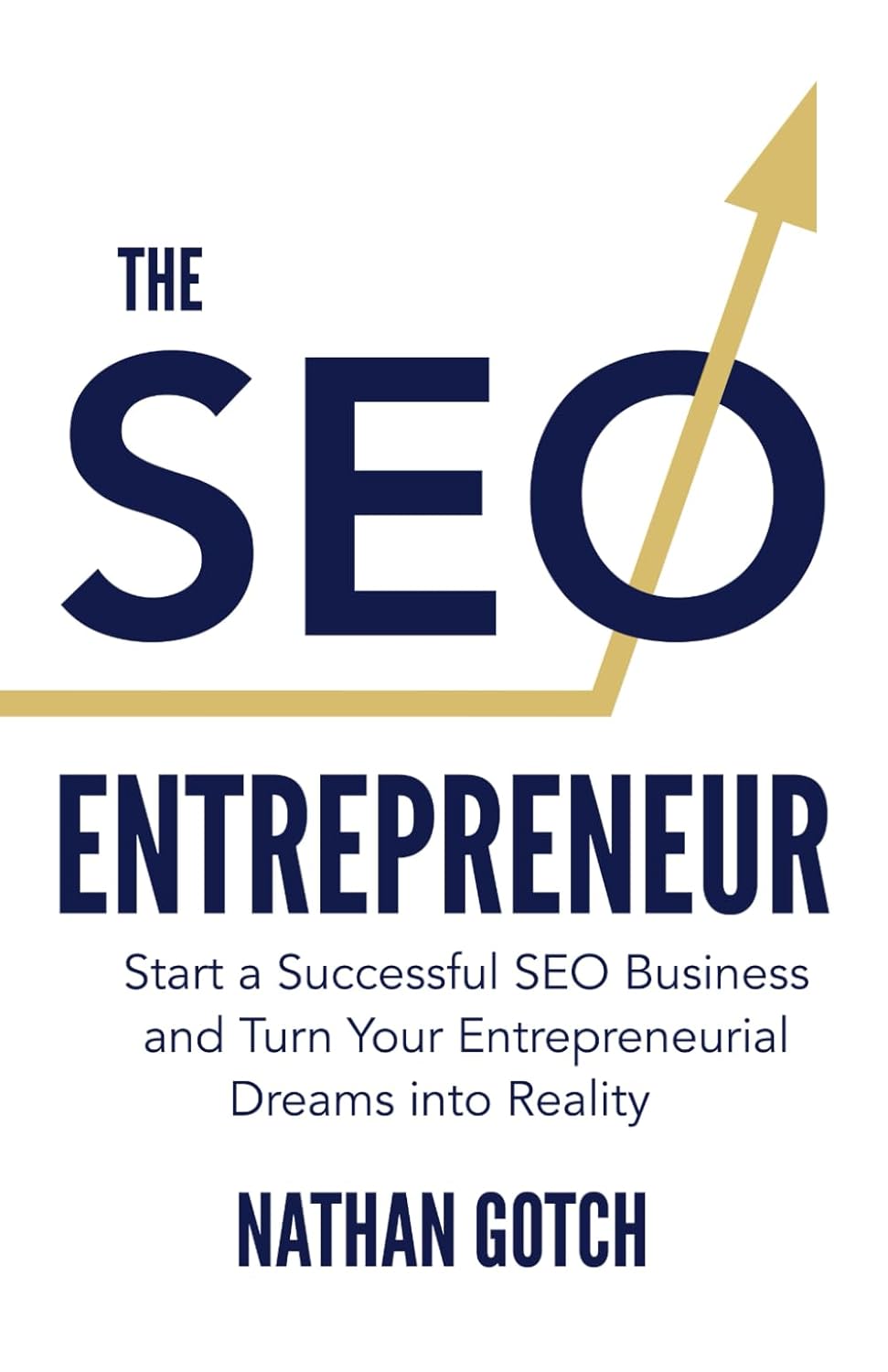
Most SEO books teach tactics. Nathan Gotch teaches you how to turn SEO into a business. His frameworks for pricing, packaging, client acquisition, and agency operations supports SEO-based business (freelancers and agencies) restructure their service models and dramatically increase profit per client. If you’re tired of trading hours for dollars and want to actually build a scalable SEO company, this book delivers.
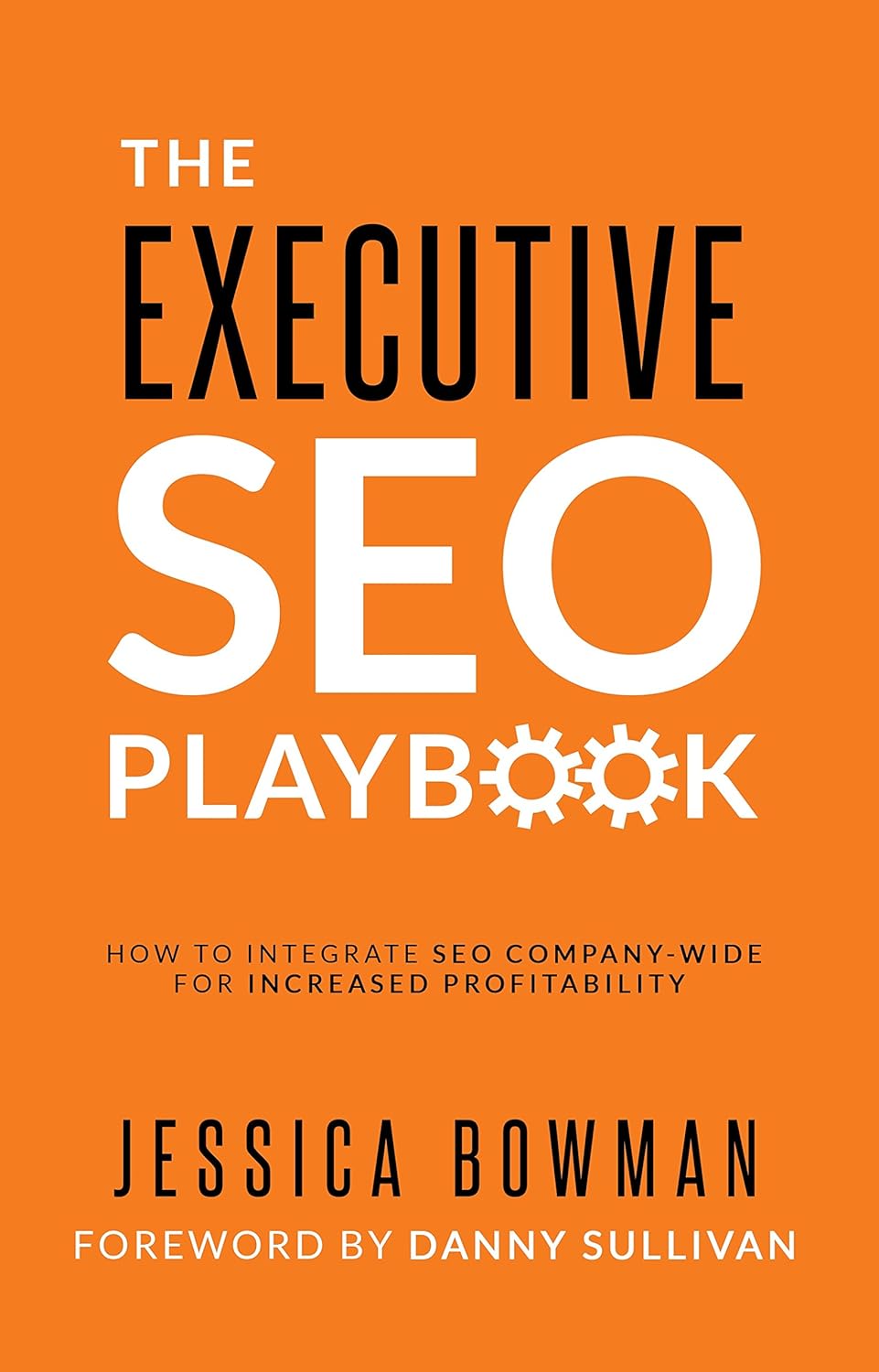
Doing SEO for yourself is one thing, managing SEO inside a corporation is a whole different game. Jessica Bowman’s book teaches you how to secure SEO budgets, align with dev teams, win executive buy-in, and build SEO into company culture.
Her executive communication tactics can be used to get technical SEO prioritized inside complex organizations that previously saw SEO as “just marketing.” If you run SEO inside a large business, this is your political survival guide.
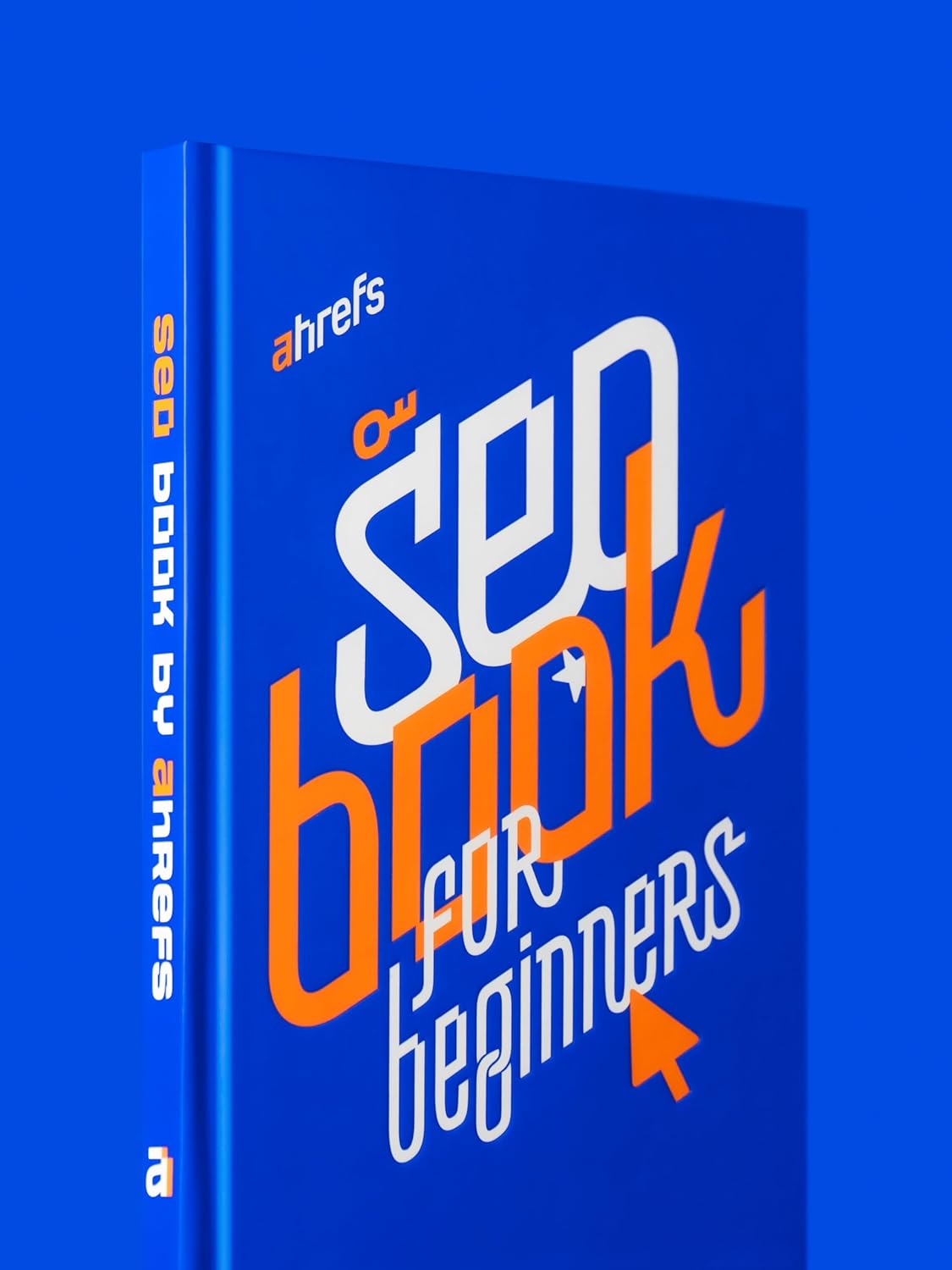
Most beginner SEO books are outdated or dangerously wrong. Ahrefs’ team wrote this book to give total beginners a clean, modern foundation, built on real data, not 2015-era myths. This book can be given to complete beginners, and they can successfully grow traffic without breaking anything important. It’s the only beginner SEO book we recommend in 2025.
We didn’t build this list by skimming Amazon reviews or copying other blog posts. Every book here was battle-tested across real SEO campaigns, client projects, and live websites. Over the past months, we’ve invested in 40+ SEO books, spent hours reading, and ran controlled tests on 15 different sites to evaluate what actually works in 2025. For a book to make this list, it had to pass 4 filters:
Out of the books we reviewed, most failed for the same reasons:
The books that survived are here because they deliver real results, not recycled advice or thinly veiled sales pitches.
Don’t try to read every SEO book at once. You’ll drown in information and implement nothing. Instead, pick your path based on where you are right now:
Start here if you’re just getting started and want a clean, modern foundation.
For SEOs who want to level up technical audits, automation, and future-proofing.
If you want to turn SEO skills into a real, scalable business.
For SEO leads managing large teams, stakeholders, and complex org structures
I eliminated 40+ books during this evaluation process. Here's what didn't work and why it teaches us something important about SEO education:
Category 1: Outdated Fundamentals (15 books eliminated)Books like "SEO for Dummies" and "SEO 2025 by Adam Clarke" teach tactics that Google actively penalizes now. Keyword stuffing, exact match domains, and aggressive link schemes might have worked in 2015, but they'll hurt your rankings today.
Category 2: Theoretical Without Practical Application (12 books eliminated)Academic approaches written by people who've never ranked a website past page two. These books sound smart but provide no actionable strategies. If an author can't show you their own SEO results, don't trust their advice.
Category 3: Information Available Free Elsewhere (8 books eliminated)Why pay $30 for information you can get from Google's Search Central documentation or Ahrefs' blog? These books repackage free content without adding unique insights.
Category 4: Too Narrow Focus (5 books eliminated)Books focused solely on local SEO or WordPress SEO got eliminated because better resources exist. Local SEO is covered adequately in comprehensive guides, and WordPress SEO is better learned from plugin documentation.
What This Elimination Process Teaches:Most SEO books exist as content marketing for the author's consulting services. They're not designed to actually teach you advanced strategies—they're designed to make you hire the author. The books that made my list provide value regardless of whether you ever work with the authors.
If you just want the fast answer, here’s your cheat sheet based on our analysis:
Most free content teaches fragments or recycled tactics. These books give you full frameworks that integrate technical, content, and business SEO, and were actually tested in post-AI Google environments.
Yes, but only the ones updated for entity search, semantic relevance, and business-first SEO strategy. This list filters out any books still stuck in pre-AI keyword obsession.
If you're starting from zero, SEO Book for Beginners (Ahrefs) gives you modern fundamentals based on actual search data. If you want the most complete full-stack guide, The Art of SEO remains the most comprehensive resource.
Absolutely. Every SEO practitioner I know (including myself) started self-taught. The key is applying what you read. Books give you structured systems, but you need a website, testing framework, and actual implementation to turn theory into skill.
The most effective SEO in 2025 balances technical health, content relevance, user intent, and entity authority. No single tactic wins long-term anymore. The books on this list cover every piece of that equation depending on your current stage.
Our blog covers a combination of industry trends and professional insights from behind-the-scenes experiences. We provide weekly updates on link building, content marketing, on-site and technical SEO, and more! Sign up for our newsletter and join our LinkedIn to be on top of industry trends!
